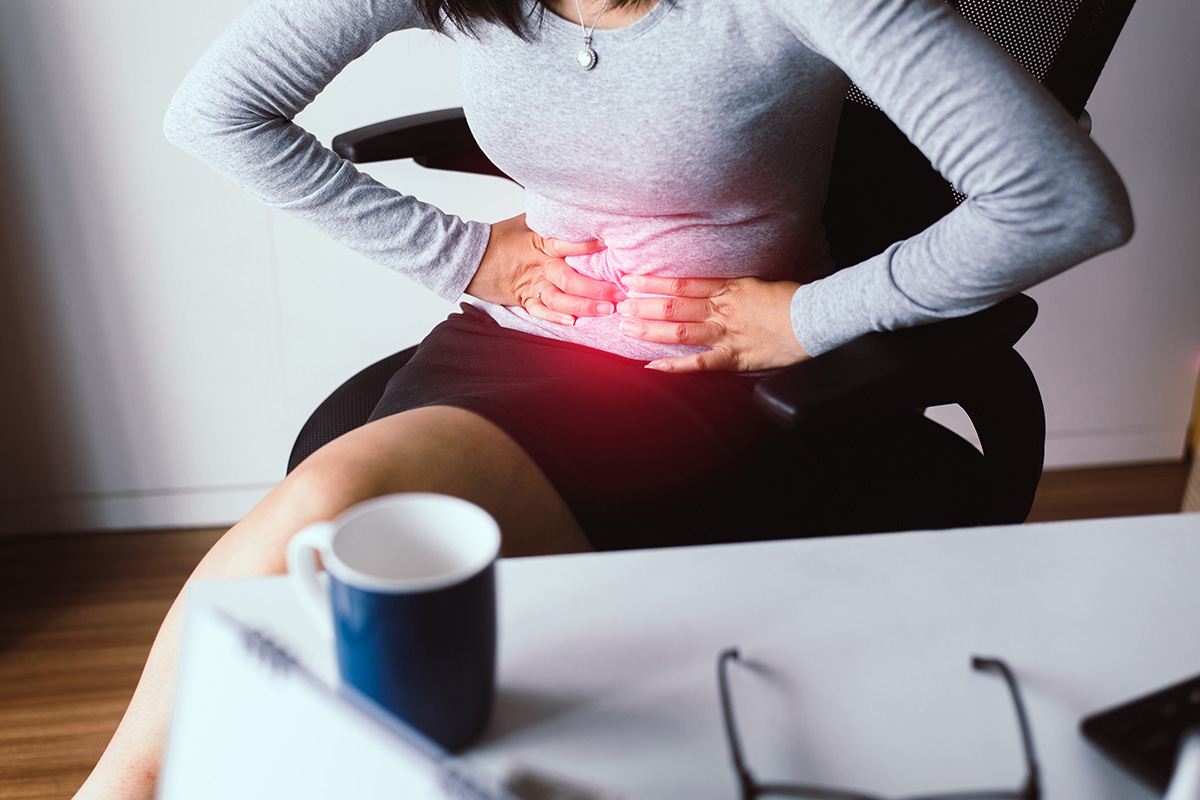People with endometriosis will often experience different symptoms and levels of pain. You may have endometriosis and never experience any symptoms. Others can experience severe pain from their first period.
Endometriosis will often get worse if left untreated. If you’re experiencing symptoms, they’re also likely to get worse. Managing your endometriosis can help to reduce the impact of symptoms on your day-to-day life.
The more common symptoms of endometriosis include:
- period pain (also known as dysmenorrhoea)
- infertility
- ovulation pain (during the middle of the menstrual cycle) can include pain in the legs, buttocks, and thighs
- pelvic pain that occurs outside of your period
- pain during or after sex
- pain when using your bladder or bowels (usually during your period)
- heavy vaginal bleeding
- irregular bleeding (including bleeding between periods)
- bleeding for longer than normal
- bloating
- feeling tired and lethargic
- diarrhoea or constipation
- needing to urinate more often
- blood in your stool or urine (in rare cases)
- mental health problems (such as anxiety or depression)
- nausea and vomiting.
Free guide
Order your Endometriosis Patient Guide
What you need to know about diagnosis and treatment, from the Julia Argyrou Endometriosis Centre at Epworth.
Three women’s experiences of endometriosis
About endometriosis
- What is endometriosis
- What causes endometriosis
- What are the symptoms
- What are the risk factors
- Myths surrounding endometriosis
- Epworth Endometriosis Patient Guide

